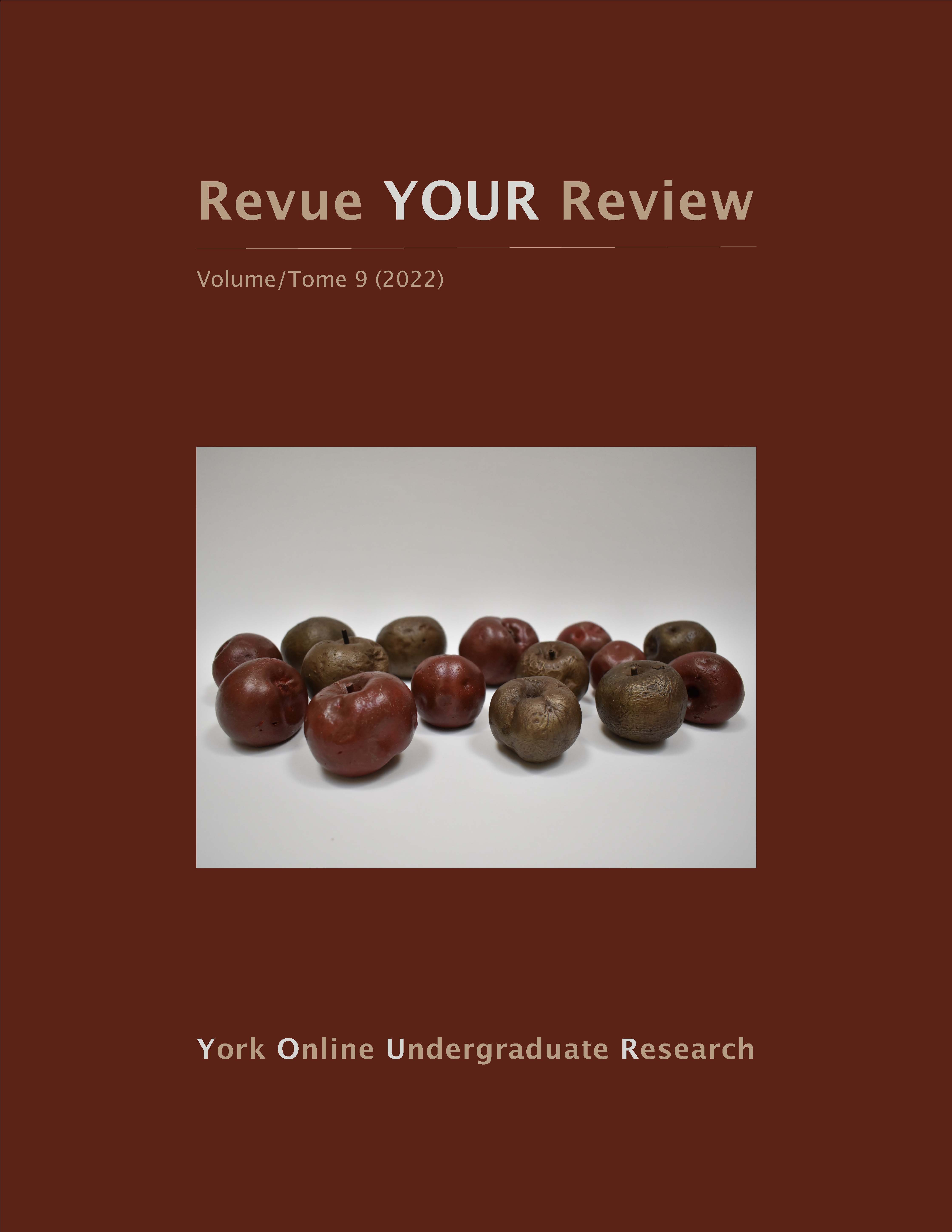Impact of Socioeconomic Status (SES) and Bilingualism on French Language Development in Early French Immersion
Résumé
As part of a larger longitudinal study evaluating the impact of Early French Immersion on English and French language and cognitive development, a group of children were recruited in 2017 and tested annually while progressing through grades one, two, and three. The current thesis tracked the French language proficiency and development of these students who attended public and Catholic schools across Toronto. Considering the increasing diversity of students enrolled in Early French Immersion, the purpose of this study was to investigate the effects of home language experience and parental education on language learning abilities. Narrowing the focus to French language tasks administered, data was analyzed for performance on semantic and phonological verbal fluency, sentence-to-picture matching, and standardized vocabulary tests over the three years. Background measures assessed intelligence, English vocabulary, and included a questionnaire filled out by parents providing information relevant to demographics as well as details on the child’s language and social background. Based on parents’ responses to the questionnaire, children were assigned to (a) monolingual or bilingual groups and (b) middle socioeconomic status (SES) or high SES groups. Following the categorical designations of these variables, the results showed effects of bilingualism and SES on different aspects of children’s developing French language proficiency. The findings suggest that there is no harm in enrolling children of diverse language backgrounds in the program, however future research could explore educational supports to optimize student success in the program across SES groups.
Téléchargements
Publié-e
Comment citer
Numéro
Rubrique
Licence

Cette œuvre est sous licence Creative Commons Attribution - Pas de Modification 4.0 International.
Les auteurs qui contribuent à la Revue YOUR Review acceptent de publier leurs articles selon une des trois catégories de la licence 4.0 : Creative Commons Attribution 4.0 International; Creative Commons Attribution-Pas d'Utilisation Commerciale 4.0 International; ou Creative Commons Attribution-Pas de Modification 4.0 International. Tout contenu éditorial de ce site ainsi que les affiches et les résumés sont sous la licence Creative Commons Attribution-Pas de Modification 4.0 International. Pour plus d’informations, veuillez voir :
https://creativecommons.org/licenses/
Dans tous les cas, les auteurs conservent leurs droits d’auteurs et concèdent à la Revue YOUR Review le droit de première publication. Les auteurs peuvent, par la suite, conclure d’autres accords de distribution non exclusifs de la version publiée dans ce périodique (par exemple, l’afficher à un dépôt institutionnel ou le publier dans un livre ou dans un autre périodique) à condition que la reconnaissance fasse mention de la publication originale dans la Revue YOUR Review.


